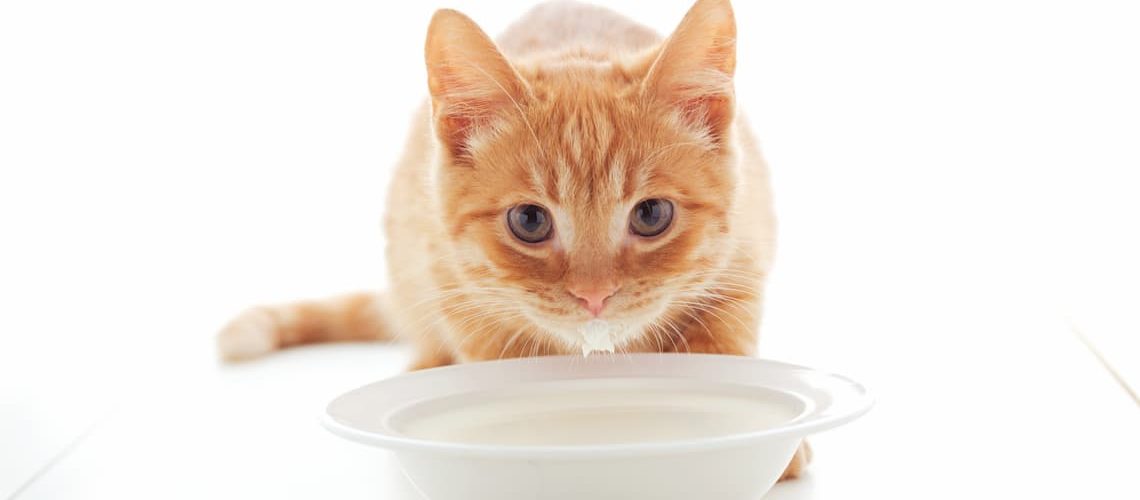Even though you can only tell with certainty on a case-by-case basis, most cats seem to be lactose intolerant. There’s no problem for kittens to digest their mother’s milk, but after they have grown bigger and move onto solid food, they tend to develop a certain level of lactose intolerance.
That is not to say all cats are lactose intolerant, though! A few of them will grow into adulthood being fully capable of digesting milk. Unfortunately, this is far from being the norm.
Most cats are lactose intolerant and, when in doubt, you shouldn’t use milk to feed a cat.
At what age could cats become lactose intolerant?
Cats can break down lactose when they are kittens. Sometime before they are six months old, kittens lose the ability to produce the enzyme that allows them to break down lactose. When that happens, they become lactose intolerant.
There’s no way to know for certain when that moment happens – or if it happens at all. Then again, once a cat has lived for more than six months, it’s safe to say he (or she) is lactose intolerant.
There are few and far between cases where kittens continue to produce the lactose-digesting enzyme throughout their life – but it’s highly uncommon for that to happen.
What are the symptoms of lactose intolerance in cats?
The most common symptoms of lactose intolerance are vomiting, diarrhea, and an upset stomach. If your cat has ingested lactose, it’ll take 8 to 12 hours before the symptoms begin to flare. There will also be an overall sense of lethargy stemming from feeling sick.
If you suspect your cat has been drinking milk or it shows similar symptoms, you should take it to the vet to make sure everything is okay.
Drinking milk will make a lactose-intolerant cat feel terrible. Sometimes it could prove fatal due to dehydration. A vet might be able to give your cat something to alleviate its symptoms and even save its life.
What kind of milk is safe for cats?
If your cat is lactose intolerant, or you don’t want to risk it to find out, you can feed him milk replacement meals made for cats. You shouldn’t give your cat plant-based milk (like almond milk) because it lacks the nutrients a cat needs to survive.
Even though there are milk-like products made for cats, it’s best not to give him any. Play it safe and give your cat his normal food and treats. Your cat will be glad you did!
Will lactose-free products hurt cats?
Even though lactose-free products will not hurt cats, they will not benefit them either. If there’s no lactose, there’s no problem. Unfortunately, lactose-free products also lack the protein and amino acids that cats need in their diet. The less they eat lactose-free products, the better.
In extreme scenarios where your cat loves a certain lactose free product, you can give him small amounts of it as a treat. But this is in no way a meal replacer – nor should your cat eat it all the time!
